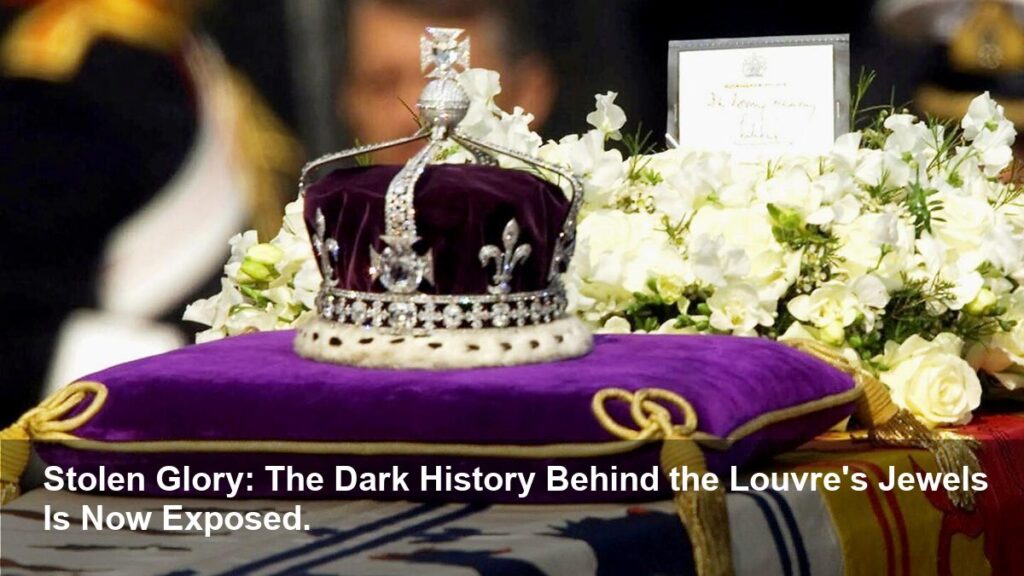Louvre Heist Ignites Firestorm Over Colonial Jewels

- A significant theft targeting the French crown jewels has occurred at the Louvre Museum in Paris.
- The incident has dramatically amplified long-standing debates about the colonial origins of many treasures in the museum’s collection.
- Activists and historians are seizing the moment to demand greater transparency and a full reckoning with the artifacts’ controversial past.
- The heist exposes not only security lapses but also the deep ethical dilemmas facing world-renowned cultural institutions.
Brazen Heist Puts Louvre’s Colonial Past in the Spotlight
A daring theft at the world-famous Louvre Museum has sent shockwaves through the art world, but the missing crown jewels are only part of the story. The incident has ignited a firestorm of controversy, renewing intense scrutiny of the colonial history behind France’s most treasured artifacts and increasing calls for the museum to address the origins of its collection.
The Theft That Sparked an Uproar
Details of the heist remain under investigation, but sources confirm that invaluable pieces from the French crown jewels collection have been stolen. The breach at one of the world’s most secure museums has raised serious questions about its security protocols. However, the public discourse quickly shifted from the crime itself to the complex and often dark history of the items on display. The theft has inadvertently provided a platform for a conversation that activists have been trying to force for decades.
A Legacy of Acquisition and Controversy
Many of the precious gems and ornate pieces that constitute the French crown jewels were acquired during the height of France’s colonial empire. Historians point to acquisitions from territories in Africa, Southeast Asia, and the Caribbean, often under circumstances of coercion, unequal treaties, or outright plunder.
For years, cries for transparency and restitution have been growing. Activist groups and representatives from formerly colonized nations have argued that these treasures are symbols of a painful past and rightfully belong to their countries of origin. The Louvre, like many other Western museums, has been criticized for what many see as a failure to fully and transparently acknowledge this history.
Renewed Demands for Truth and Restitution
In the wake of the theft, these calls have grown louder and more urgent. Historians and activists are leveraging the global attention to demand a complete public provenance of the remaining collection. They are urging the Louvre to be more transparent about how each piece was obtained and to engage in meaningful dialogue about restitution. The incident, they argue, underscores the moral weight of holding onto treasures with such contentious histories.
The Louvre now faces a dual crisis: recovering the stolen jewels and navigating a powerful public demand for a moral and historical reckoning. The theft has transformed these artifacts from symbols of French glory into flashpoints of a global debate on colonialism, ownership, and cultural identity. The world is watching to see if this scandal will finally force a change in how museums confront their colonial legacies.
Image Referance: https://apnews.com/article/jewels-crown-louvre-1fc9ced982798bc5c292a2f58d075275

